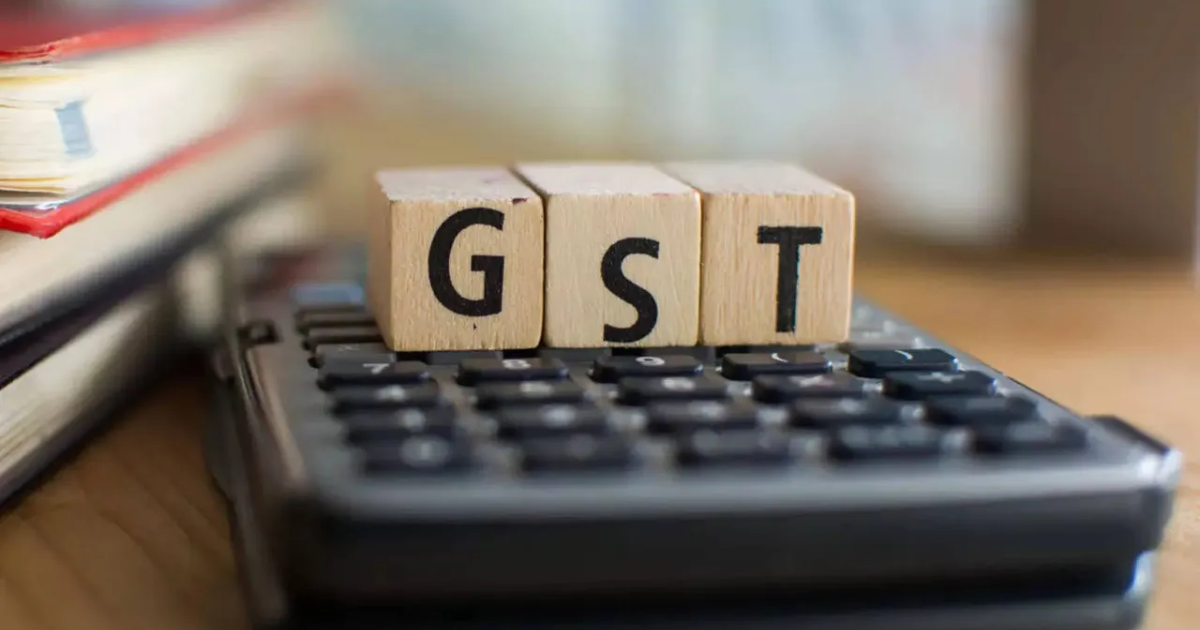Centre and state tax officers have launched a two-month special drive to combat the increasing menace of Goods and Services Tax (GST) evasion in India. With GST evasion crossing over Rs 1 lakh crore in the fiscal year 2022-23, authorities are determined to identify fake GST registrations and apprehend offenders.
The GST Policy Wing recently alerted the Principal Chief Commissioners of Central Tax regarding the use of fake or non-genuine registrations to fraudulently pass on input tax credit through the issuance of invoices without any actual supply of goods or services. This practice has resulted in substantial revenue loss for the government.
The Central Board of Indirect Taxes (CBIC) emphasized the seriousness of the problem and the complex nature of the fraudulent transactions involved. In response, tax authorities have initiated a comprehensive crackdown on fake registrations and the issuance of bogus invoices.
Despite the government’s efforts to curb GST evasion through data analytics, artificial intelligence, Aadhaar-based authentication for new registrations, and centralized suspension of defaulting businesses, the number of cases has been increasing. In the fiscal year 2022-23 alone, around 14,000 cases of GST evasion were detected, amounting to evasion worth over Rs 1.01 lakh crore. The Directorate General of GST Intelligence (DGGI) has managed to recover Rs 21,000 crore during this period.
To address this issue, a special all-India drive has been launched from May 16 to July 15. During this period, tax officers will work in close coordination between the state and central tax administrations to detect suspicious and fake GST identification numbers (GSTINs). Verification drives will be conducted, and necessary action will be taken to eliminate these fraudulent billers from the GST ecosystem.
GST Network, the IT backbone of the GST system, will play a vital role in identifying fraudulent GSTINs and sharing jurisdiction-wise details with the relevant tax authorities. This will facilitate the verification process and subsequent action against offenders.
The GST law mandates registered traders and businesses to display their GST registration numbers on their business signboards and premises. Composition dealers, who are not entitled to collect taxes, must clearly state that they are availing the composition scheme. Failure to display the GSTIN can result in penalties for the registered entity.
The special drive aims to significantly reduce GST evasion and protect the government’s revenue. By targeting fake registrations and ensuring compliance, the authorities are committed to maintaining the integrity of the GST system and promoting a fair and transparent tax regime.



![[CITYPNG.COM]White Google Play PlayStore Logo – 1500×1500](https://startupnews.fyi/wp-content/uploads/2025/08/CITYPNG.COMWhite-Google-Play-PlayStore-Logo-1500x1500-1-630x630.png)